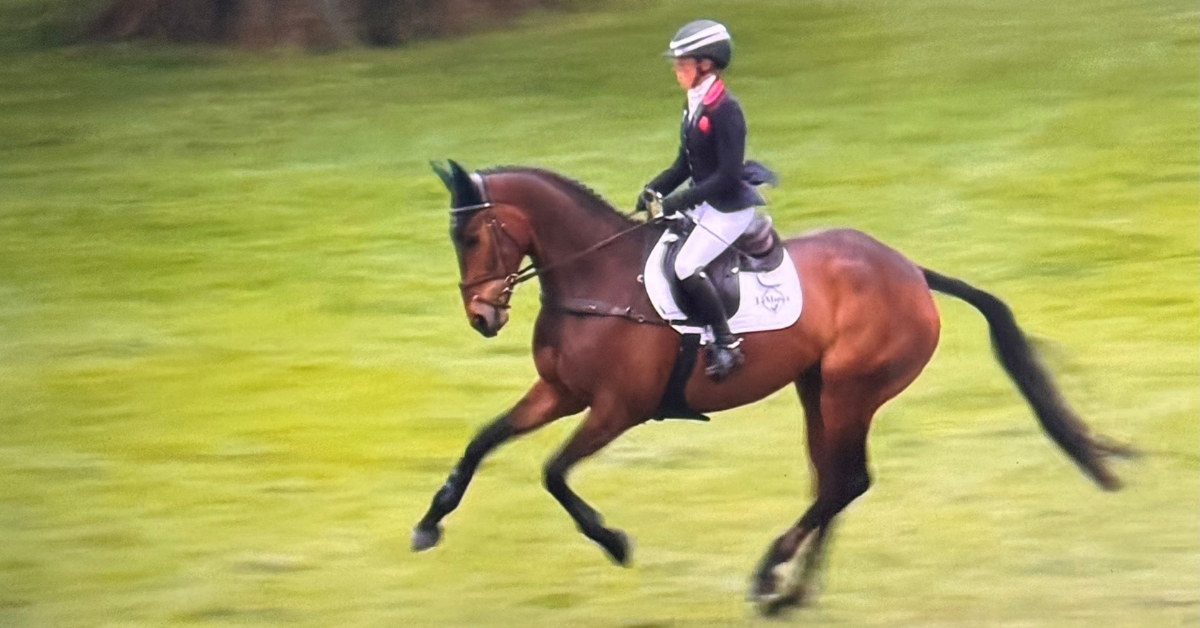In a decisive move, Newmarket trainers have voted to amend staff contracts to permit drug and alcohol testing, aiming to prevent accidental horse contamination with prohibited substances on race days.
This decision emerged from a meeting of the Newmarket Trainers Federation, following a one-year suspended ban imposed on Ed Dunlop after one of his horses tested positive for cocaine. Chaired by Chris Wall, the meeting underscored the necessity for heightened precautions due to the strict liability trainers face if a horse fails a doping test.
“Strict liability is understandable, and if we can trace the source of a positive test, that’s fine,” Wall explained. “But when there’s no way to find it and the punishment falls entirely on the trainer, as it did with Ed Dunlop, that’s unfair. More can be done because people can lose their livelihoods through no fault of their own.”
Andrew Braithwaite, chief executive of the British Racing School (BRS), highlighted that supporting staff and enhancing workplace safety are key benefits of this contractual change.
“Many safety-critical industries have routine testing. If an airline didn’t bother, no one would fly with them—they don’t have that option,” Braithwaite said. “We’re approaching this not to catch people, but from a supportive angle. From the BRS perspective, it’s crucial for the industry to be proactive.”
The National Trainers Federation (NTF) is exploring potential contract modifications. Chief executive Paul Johnson stated: “We’re reviewing existing contract templates and supporting documents to assist members who wish to include this in their contracts. These will be discussed with the National Association of Racing Staff (NARS) before being circulated to members.”
Ed Dunlop, one of 40 trainers at the meeting along with representatives from Randox Health, the NTF, NARS, and the BRS, has already updated his staff contracts to allow testing. He believes that changing the standard NTF contracts—used by most trainers—would minimize the risk of unknown contamination sources and align racing with other industries.
“There’s great concern about what’s happened,” Dunlop said. “We hope to have the ability to conduct anti-doping tests included in all our staff contracts. It wouldn’t be a requirement for employment, but having the option is important.
“Most trainers use the standard NTF contract, and the hope is this becomes part of it. It’s not for me to dictate how others run their businesses or whether they implement testing once changes are in place.
“This is about proper practice, not victimization, and it’s already standard in many other industries. If we can make this initial change and then re-evaluate the rules, so be it—that’s not for me to decide. This is an urgent matter that needs attention.”


Share
Your subscription is 100% Free for our first year, No credit card details required.

Rachael Blackmore retires: a standard-setter, a champion, and one of our own. It’s not easy to put a career like

Ros Canter has secured her second Mars Badminton Horse Trials title riding Lordships Graffalo, the now 13-year-old gelding already being

Why the Countdown to The Distinguished Gentleman’s Ride Kildare Matters In just ten days, the engines will roar and the